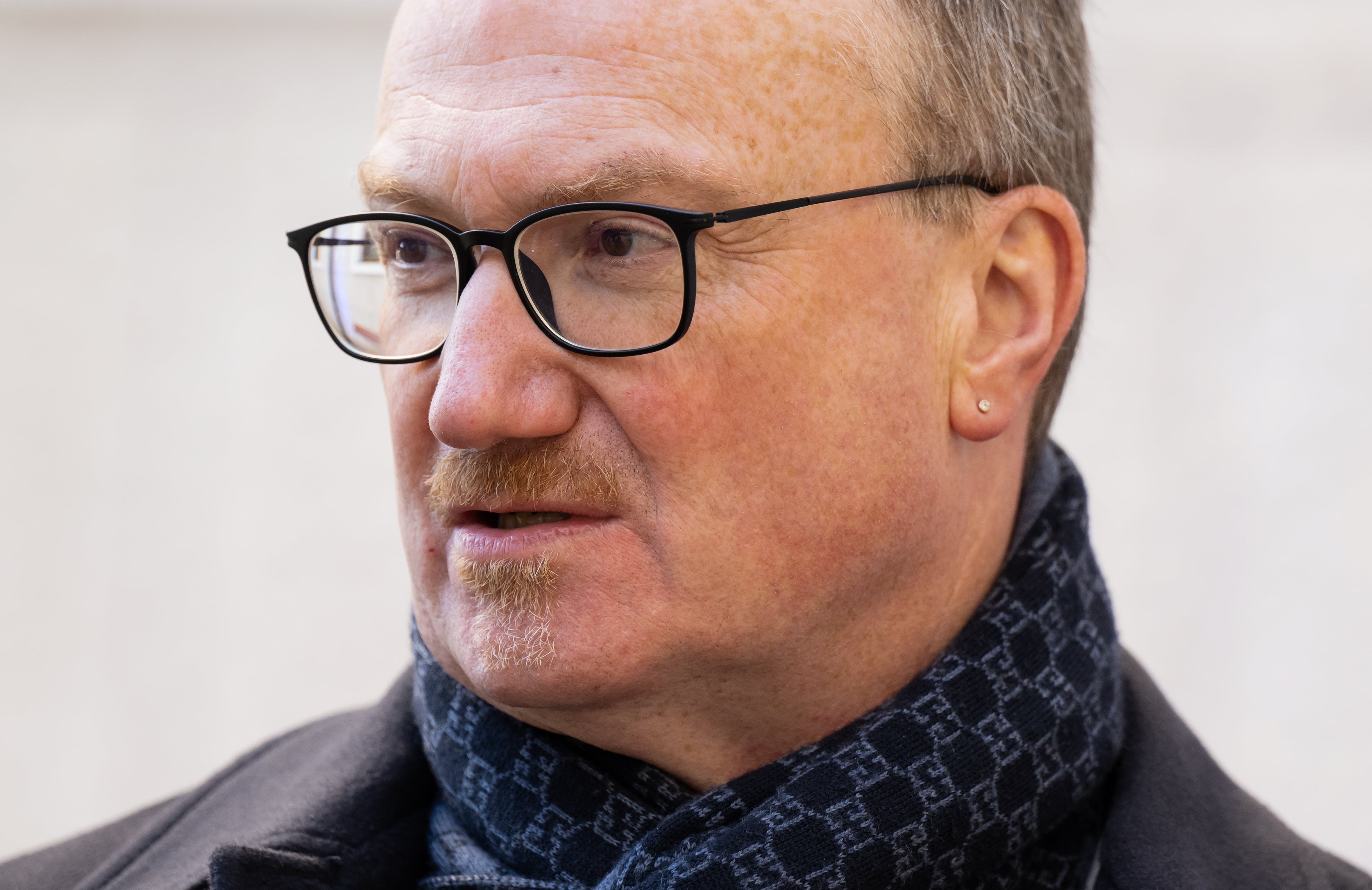
Four weeks. This is the deadline in which the future of the divided German government coalition will be decided and everything will depend on economic policy. For the second year, this country will see its gross domestic product shrink: -0.2% in 2024; -0.3% in 2023. He fears, twenty years after the last recession, that he will once again be singled out as “the sick man of Europe.” Time is short. The electoral, and the economic.
“Germany must wake up and face its structural problems. Otherwise, it will go backwards,” says economist Lars Feld, former president of the so-called economic Council of Wise Men, professor at the Albert-Ludwigs-Universität Freiburg and advisor to the German Minister of Finance, the liberal Christian Lindner. Theirs is the vision of the most electorally weakened leg of the tripartite; but also the one that today has in its hands to keep him alive or blow him up. In a telephone conversation with EL PAÍS and the Italian newspaper The Republicurges: “Decisions must be made.”
The economist, who holds the title of Special Representative of the Federal Minister of Finance for Macroeconomic Developmentechoes Lindner’s words, who speaks of an “autumn of decisions.” His party, the FDP, a junior partner in the coalition with social democrats and environmentalists, threatens to slam the door and precipitate early elections before the scheduled date in September.
Feld does not believe that Germany is “yet” the sick man of Europe. He points out that 20 years ago, when, like now, there were two years of declining GDP and the sambenito was applied, the unemployment rate was higher, 13% at the beginning of 2005, while now it is around 6%. He adds that the financial situation of the private and public sectors “is much better.” What’s more, it is not clear that we can now speak of a typical recession, because there are quarters with slight growth and others with a slight fall. “What we really observe is that German GDP is moving around the zero growth line,” he says.
“Autumn of decisions”: it can mean taking advantage of the budget discussion to take economic initiatives or leaving the Government, precisely because Lindner’s FDP visions and those of Chancellor Olaf Scholz’s SPD and the Greens are too distant.
“If the FDP leaves the Government, everyone in the media will say: ‘Typical of them, they are not reliable.’ If this becomes the general narrative, in an early election the FDP will be left out of the Bundestag.” What happens if he remains in the Government until the end? “If nothing changes in economic policy until next year and the FDP cannot say to its voters ‘here is what we have achieved’, then they are also left out.”
As a junior partner, the liberals have participated in governments for half a century and have provided prominent figures such as Hans-Dietrich Genscher. Now they run the risk of being labeled as a single-issue party obsessed with austerity and the debt brake, the constitutional rule that prevents, except in exceptional situations, debt from exceeding 0.35% of annual GDP, and which, according to its critics, limits Germany’s ability to invest.
“I am in favor of strong fiscal rules for Europe and Germany, and not higher public debt at either the EU or national level,” says economist Feld. “Many structural problems can be solved without spending money. “We could have a better economic situation if the ban on the combustion engine fell.” From 2035, cars that emit CO₂ will no longer be able to be put on the market in the EU. “Look at the US. Nobody there thinks about banning the combustion engine. And of course, German firms produce there,” he says.
More problems, according to the economist: labor costs, the price of energy, the tax burden. “There is great uncertainty about the economy in general, partly generated by the economic policy of the federal government,” he says, before citing the law, promoted by environmentalists, to prohibit the use of gas, coal and diesel boilers.
“Uncertainty,” Feld clarifies, “is the result of two conflicting economic policy paradigms.” “One puts greater emphasis on regulation, subsidies and industrial policy.” It would be the paradigm of the SPD. “The other,” he adds, “relies on market forces and prices to provide the incentives that lead to climate neutrality.” It is the paradigm of the FDP and, he says, of the Christian Democratic right that aspires to win the legislative elections. “In Germany,” Minister Lindner pointed out a few days ago to a group of correspondents in Berlin, “we have two schools of economic thought, in public debate and even in the federal cabinet.”
“As long as uncertainty remains,” concludes his advisor, the economist Feld, “investments and private consumption will not take off.”

